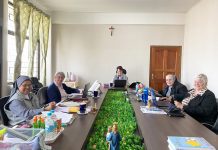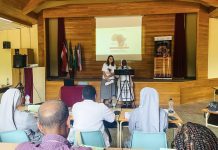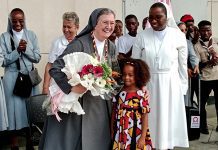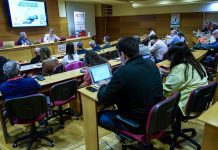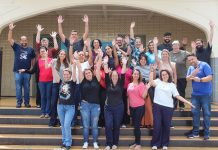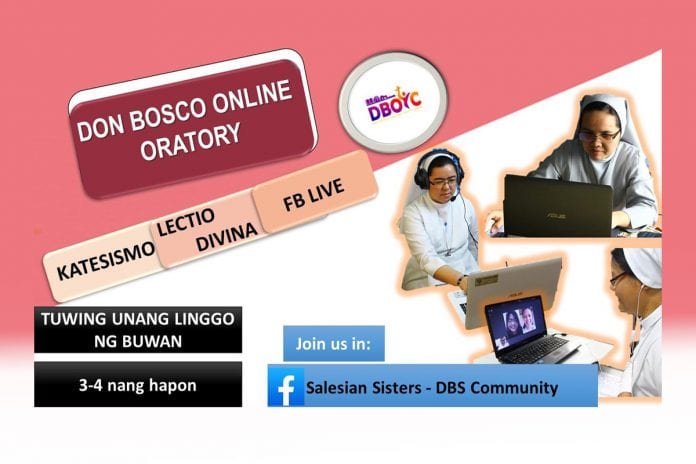Manila (Philippines). Despite the limitations caused by the Covid-19 pandemic, the Communities of the Daughters of Mary Help of Christians of the Province of St. Mary Domenica Mazzarello of the Philippines (FIL) are looking for new ways to continue the pastoral-educational mission and reach the poor, especially the young people. In addition to rescue initiatives for the poor to the adaptation of the schools to the plans for integrated learning (online and face to face), the FMA also rethink the Oratorian mission in a technological key.
The Oratory-Youth Centers (OCG) of the FIL Province are aimed at the poorest young people. Each FMA Community animates an OCG in urban areas such as Manila, or in rural locations such as Mindoro and Negros Occidental, or in the territories of the indigenous populations of Mindoro and Pampanga. During the lockdown, each Community elaborated proposals to reach young people and families through digital tools, based on the economic possibilities of each.
Through these means, activities are also carried out in which families can participate, allowing participants to win prizes that guarantee food on their tables. OCGs also distribute food parcels periodically, thanks to local and international benefactors, to support families, especially if the heads of families lose their jobs. The Provincial Community started the selling of vegetables with some mothers so they can have a small family income.
The Covid-19 pandemic has led to greater awareness of the digital divide in the country, especially in rural areas, where internet connection is poor. Furthermore, not all oratorians have the devices – laptops, tablets, smartphones – or don’t have the money to recharge them.
In some communities, such as the Provincial House of Manila, ‘Good Mornings’ and catechesis are sent with Facebook Messenger via SMS or MMS to mobile phones, so that young people and mothers can receive them even without Wi-Fi or mobile data. Other communities send them in the form of images with captions.
The FMA who animate OCGs in which young people have easier access to the internet use Facebook to transmit catechesis online, in addition to initiatives and contests that stimulate the creativity of young people. Animators, volunteers, and mothers are involved to animate online programs and moments of celebration.
Some FMA who take care of the poorest young people, such as in St. John Bosco Community in Paco (Manila), ask the local government for permission to go out and meet the young people for a short time in which they can evangelize and respond to their most urgent needs, according to the possibilities of the Community and thanks to the benefactors.
The OCG animators look for ways to reach young people in this ‘new normal’, spending their time in discussion, planning, and networking, trying to manage resources, time, and energy better, since they are not only oratory animators, but also have other roles and responsibilities.
The Covid-19 pandemic has taken everyone by surprise, but gradually the Educating Communities are learning not only to survive, but to thrive, building an environment that generates life.



